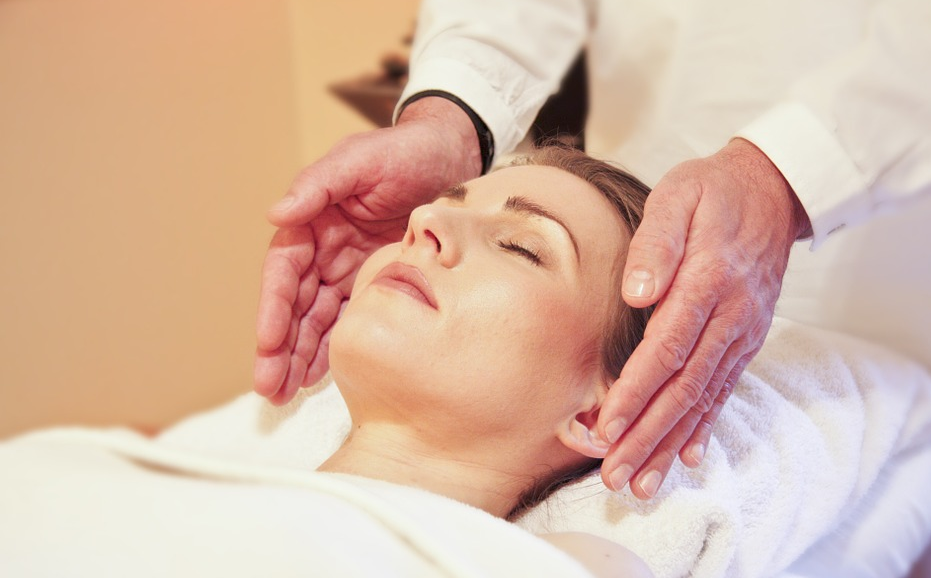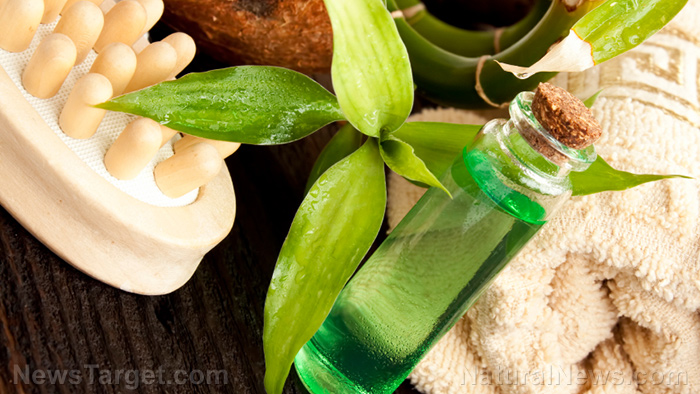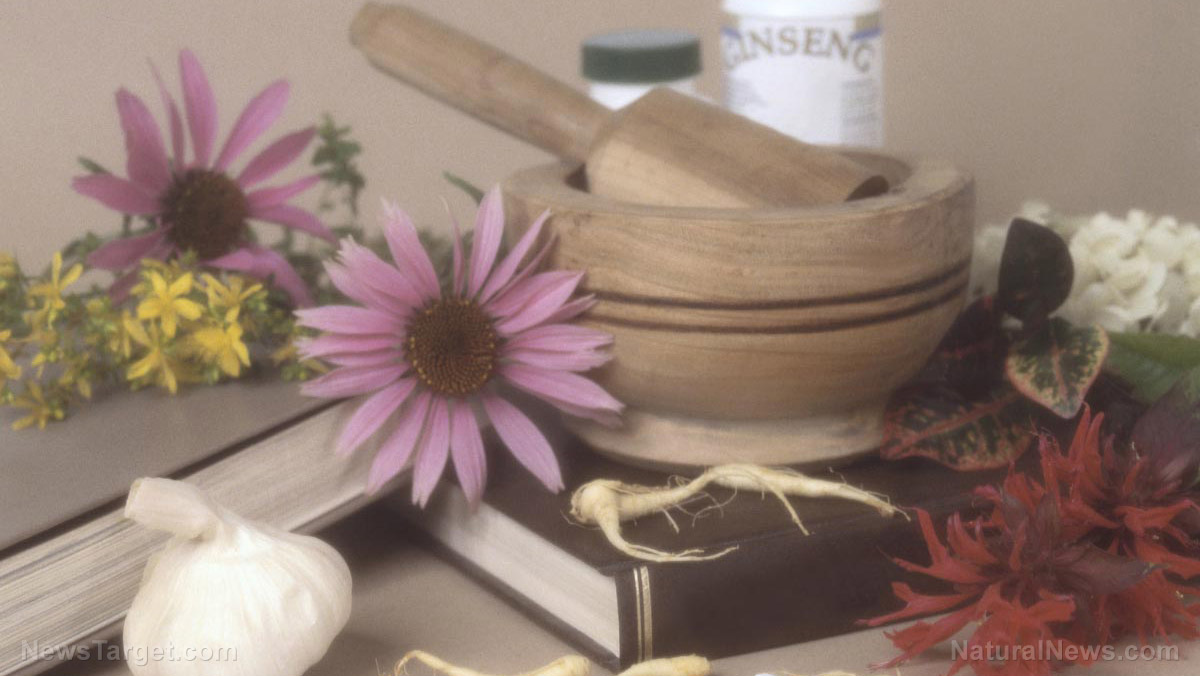How to solve your medical problems using herbal remedies instead of toxic OTC medicines
08/27/2018 / By Edsel Cook

You might not know it, but you are locked in a vicious cycle where the over-the-counter (OTC) prescription drugs you take are keeping you from achieving true health. An article on Survivopedia recommends completely dropping the harmful medicine for natural, safer, and actually effective herbal means of healing.
OTC drugs are much more dangerous than the symptoms they alleviate. For example, ibuprofen and naproxen damage your kidneys and increase the chances of a heart attack, while Tylenol injures the liver.
Other prescription drugs are almost as bad. Benadryl also hurts the kidneys. So do proton pump inhibitors, supposed stomach acid relief drugs that actually make you more vulnerable to stomach cancer. And Sudafed raises blood pressure, triggers anxiety, and causes problems for the prostate.
Some of them get even worse if taken with innocuous items. Don’t take migraine drugs and caffeine unless you want to become unnaturally anxious.
This can be attributed to the mistaken notion of “disease management” perpetuated by Big Pharma. Once you believe there is something wrong with you and start taking OTC medicines, prescription drugs, and fake herbal remedies, achieving wellness becomes so much harder. (Related: Ibuprofen increases the risk of cardiac arrest by 30% — why do people still believe that NSAIDs are safe?)
Herbal medicines will help you escape the shackles of over-the-counter drugs
To get away from this vicious cycle, you will need to learn about the actual art of herbal medicine. Only then can you use herbal remedies to their full potential.
You can start by learning about the biochemistry and processes of the human body. Figure out the interactions between the different systems of the body.
Pick a single system of traditional medicine to follow. If you choose Traditional Chinese Medicine (TCM), stick to that. If you pick the Ayurveda, do not mix and match it with TCM.
Find an accredited and reliable source of information on your chosen system. The best choice is an officially accredited instructor.
Remember that scientific research and resources have their uses and limitations. New theories are all well and good, but practical considerations may render the new herbal remedy moot.
Examine your medical history. While you’re at it, look up your family’s medical history as well.
Improve your environment. Reduce or get rid of any pollution source, genetically-modified organisms (GMOs), toxic foods, and pesticides that affect you.
Turn your lifestyle around. Start working out. Take up a good diet. Quit bad habits like alcohol, drugs, and smoking. Get on top of existing sources of stress and learn how to avoid future causes of anxiety.
Grow heirloom seed herbs in the cleanest soil and water you can get
Once you are armed with the traditional medicinal knowledge you need, it is time to grow your own herbs. But it is more complicated than that.
Commercially available seeds and herbs have been compromised over the years by exposure to GMOs, herbicides, pollution, pesticides, toxins, and other contaminants. There is no guarantee if your herb is safe.
Instead, look for heirloom seeds that have been stored long before the contamination became widespread. Also, collect organic soil and filtrated, purified water with the least amount of chemical contaminants possible.
Chamomile, French Marigold, holy basil, mint, rosemary, and sage are just some of the herbs recommended to those who are starting up their own herb garden. Also get a copy of the book Backyard Pharmacy, which teaches you basic remedies that can be grown in your own home and used as soon as it has finished growing.
To find more guides about achieving freedom from Big Pharma through herbal medicines, visit HealingArts.news.
Sources include:
Tagged Under: Ayurveda, herbal medicines, herbal remedies, Herbs, medicinal herbs, natural medicine, natural remedies, otc drugs, OTC medications, pharmaceuticals, TCM, traditional Chinese medicine, traditional medicine



















